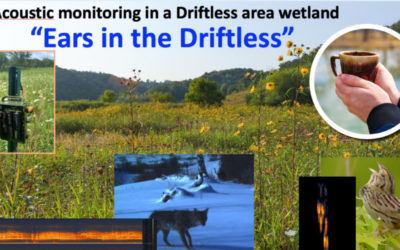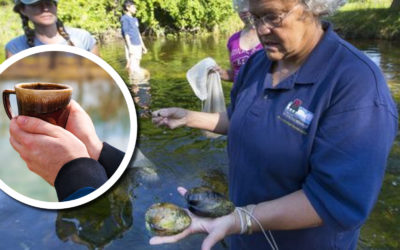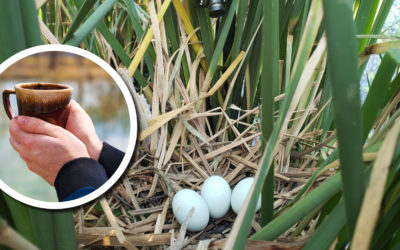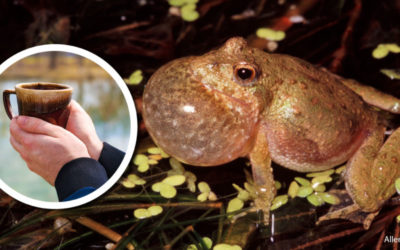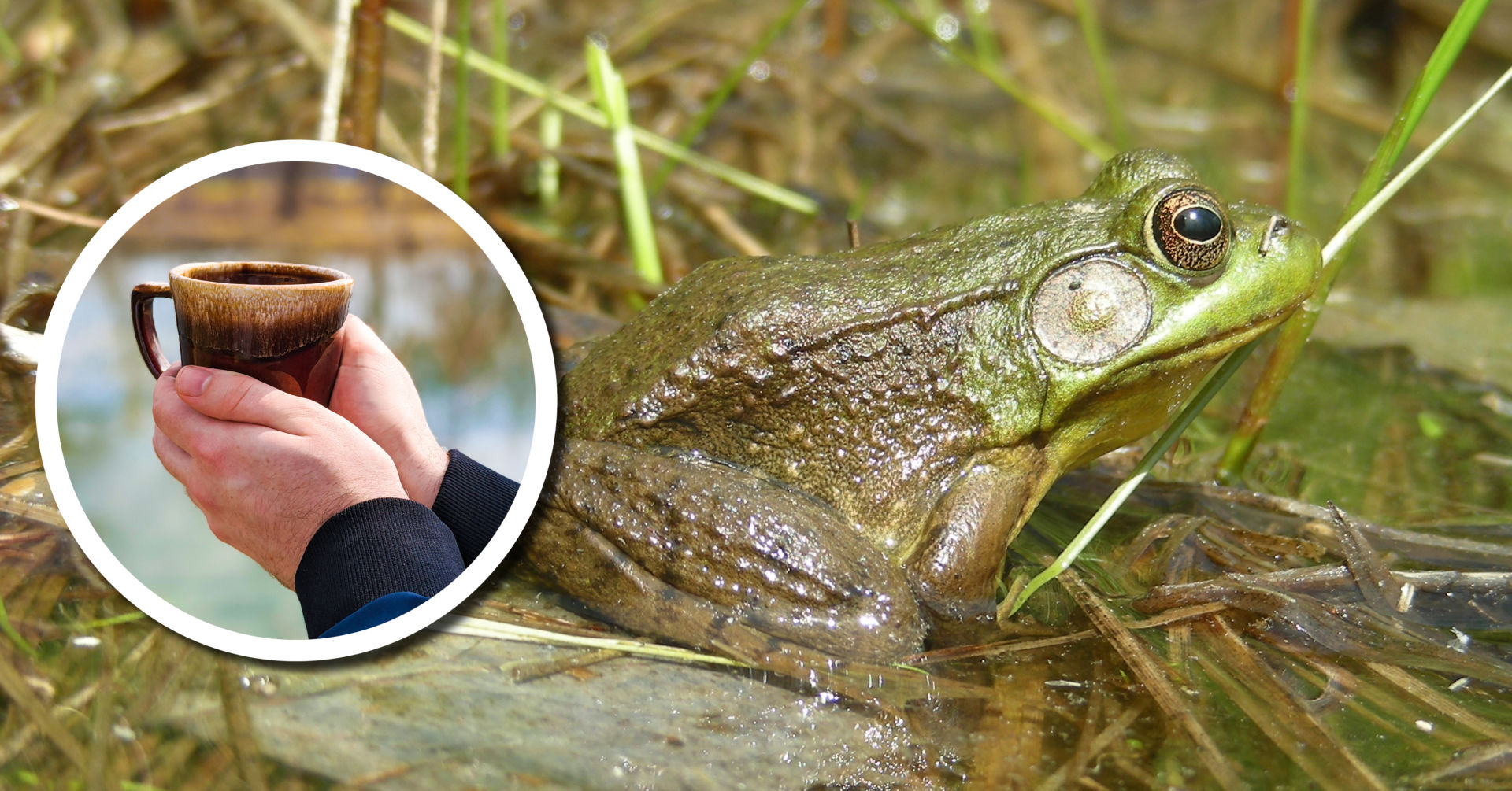Wetland Coffee Break
The Wetland Coffee Break series helps keep our community of wetland lovers connected and learning about wetlands throughout the year, from anywhere! Bring your coffee and learn about wetlands, the plants and animals that call them home, and the many natural benefits they provide to our communities. Sessions are held on Zoom and feature time for audience Q&A.
See below for a list of upcoming presentations and to register. Once you register, you’ll receive an automatic email including the URL link and password you’ll need to access the meeting. We record and post each presentation so you can watch any that you missed live. You’ll find links to these recordings below, and you can also find them on our Facebook page.
We are grateful to all of the presenters for sharing their knowledge and expertise and to everyone interested in learning more about wetlands! If you are interested in giving a Wetland Coffee Break presentation, or if you have a wetland topic you’d like to see covered, please contact Katie.Beilfuss@wisconsinwetlands.org.
We are now able to provide attendance verification to Wetland Coffee Break audience members who attend the live sessions and request this service. We created this mechanism in response to requests from members of the Wetland Coffee Break audience who would like to apply their Wetland Coffee Break learning to their continuing education or certification requirements. Learn more about how to receive attendance verification here.

Register for a Wetland Coffee Break
How do beavers impact water?
Cortney Dean, Conservation Biologist
Friday, September 26, 2025
10:30 am CT
Description
Do beaver dams actually increase water temperatures? How do beaver ponds impact water quality, pollutants, and sediments? Conservation Biologist Cortney Dean takes a look at the data, challenges, and unexpected findings of beaver-water research in northwestern Wisconsin.
Cortney Dean is a conservation biologist located in Eau Claire, WI. She studies beaver impacts to the biotic and physical components of ecosystems. Her research focuses on water quality, food webs, and biodiversity impacts to avian and bat species.
Watch previous presentations
Click “Older Entries” below to see more past presentations, or view our Google Sheet index of past presentations here.
Wetland Coffee Break: Ears in the Driftless
Learn how landowners Mike and Marcie O’Connor are using this technique to document habitat changes over the course of restoring wetlands on their land.
Wetland Coffee Break: Wisconsin’s amazing native mussels
Tune in for an introduction to the 50 species of native mussels in Wisconsin.
Wetland Coffee Break: How are water drawdowns affecting nest survival of marsh birds?
Hear about how nest cameras helped researchers to explore the impact of water drawdowns on predator access to and survival of marsh bird nests.
Wetland Coffee Break: Population status of Wisconsin’s endangered/threatened amphibians and reptiles
Join conservation biologist Rori Paloski to learn about the current population status of Wisconsin’s endangered and threatened wetland herptiles.
Wetland Coffee Break: New field guide to amphibian egg masses and larvae
Ever wonder what that tadpole is? Need to better identify wetland indicators on your wetland delineations? The new “Field Guide to Amphibian Eggs and Larvae of the Western Great Lakes” can help.
Wetland Coffee Break: Protecting the “Bayou of the North”
At the mouths of the Kakagon and Bad Rivers along Lake Superior in Ashland County lie some of the most extensive and highest-quality coastal wetlands in the Great Lakes.

